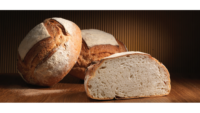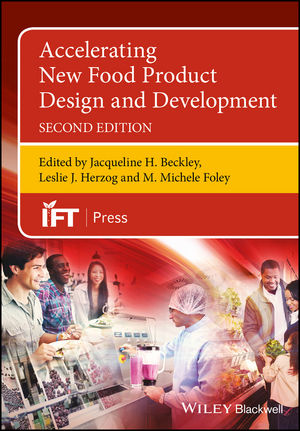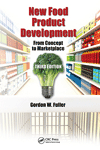With egg prices going through an extended period of volatility, Arla Foods Ingredients has launched a new calculator to help bakery companies determine how much they could save by using egg replacers in their cake recipes.
A number of events in the global egg production industry have impacted on market conditions. In 2017 and 2018, scares in the US and Europe involving Salmonella and the pesticide Fipronil caused big fluctuations in supply levels and prices. Outbreaks of avian flu in Mexico, America and Asia between 2013 and 2016 have also taken their toll, creating a highly uncertain environment for cake manufacturers in particular. Looking forward, there are fears the EU could place import levies on egg powder in 2019, which would most likely exacerbate the situation for bakers.
Arla Foods Ingredients, which supplies Nutrilac whey protein egg replacers, calculates that it substituted as many as 300 million eggs last year and expects to record higher levels of demand through 2018. It has developed an online calculator –https://bit.ly/2rNnjBS– which allows bakers to see how much they could save by substituting some of the eggs they use with whey proteins.
Designed to replace up to 50 percent of the eggs in a cake recipe, Nutrilac proteins offer a natural, safe and highly functional solution to egg market volatility. They guarantee security of supply and stable pricing, thereby delivering greater control over raw material costs.
Furthermore, using Nutrilac egg replacers will not impact adversely on product quality. In fact, application tests have demonstrated that they can improve cakes in a number of ways: by keeping them moist and fresh for longer throughout their shelf life and creating a crumb that is less fragile and more resilient (springy). There are also potential processing benefits, including increased stability and reduced waste.
Aparecido Silveira, industry marketing manager for Bakery at Arla Foods Ingredients, said: “The benefits of Nutrilac whey protein egg replacers mean that bakers don’t need to put all their eggs in one basket. They can better protect themselves against the unpredictability of the global egg market and, in doing so, harness the application and quality gains that our proteins deliver.”









